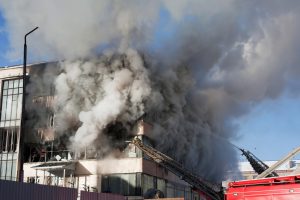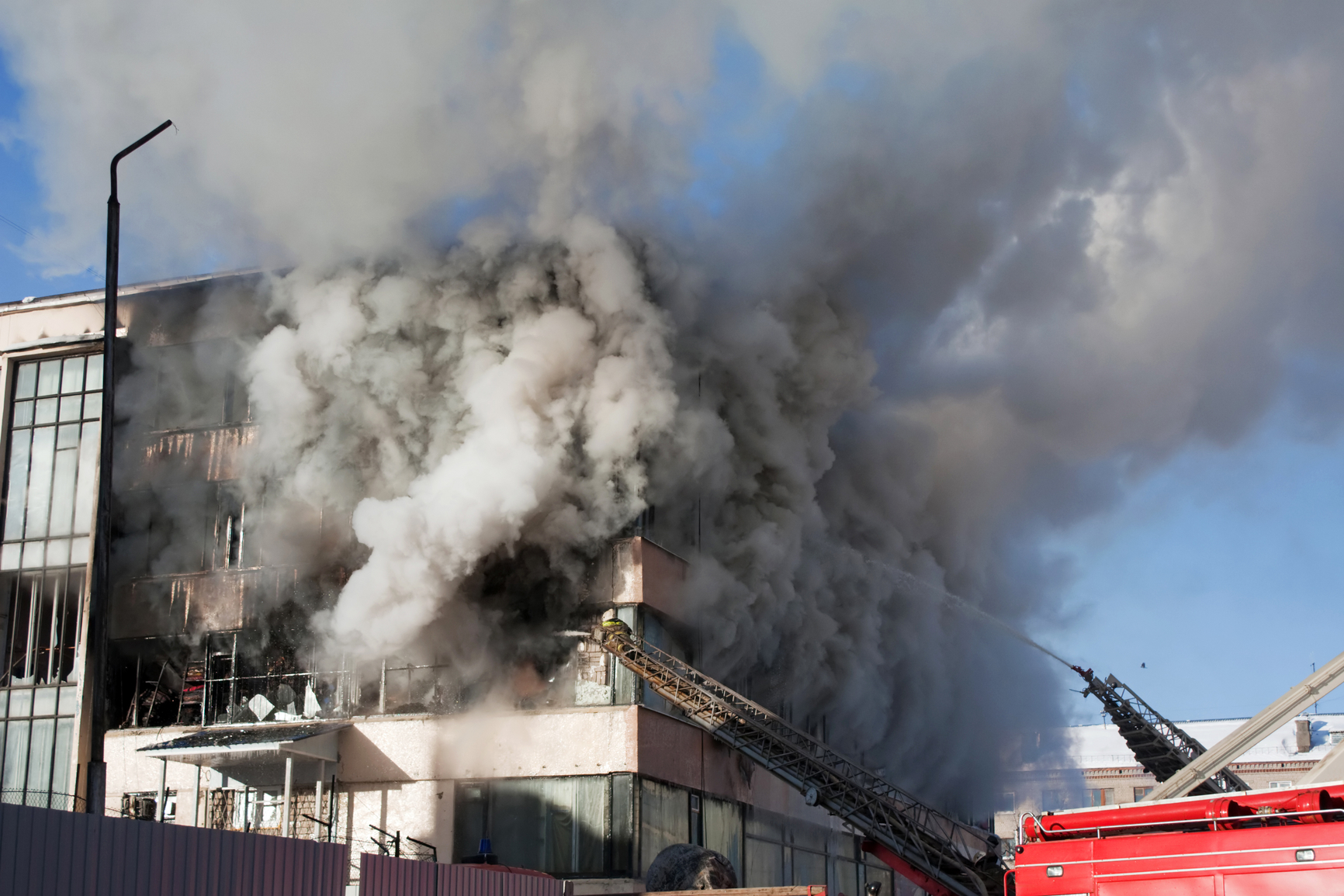 Emergency preparedness. It’s something we all think about. It’s something most of us need to be more up to date on. We put it in our plans for “next weekend”. Somehow our plans for “next weekend” just never seem to work out. Therefore, our emergency preparedness tends to be a little lacking. Here are a few simple suggestions of you can do to right now begin to prepare yourself and your family in the event disaster strikes.
Emergency preparedness. It’s something we all think about. It’s something most of us need to be more up to date on. We put it in our plans for “next weekend”. Somehow our plans for “next weekend” just never seem to work out. Therefore, our emergency preparedness tends to be a little lacking. Here are a few simple suggestions of you can do to right now begin to prepare yourself and your family in the event disaster strikes.
Get informed
Gathering information is the first step. A lot of people skip this step and go straight to collecting and assembling supplies. That is backwards because without researching and understanding what the dangers of your specific area are, what the best types of provisions to get are, how to do so in a cost-friendly effective way, and so on you will be spinning your wheels. A lot of people get frustrated and put emergency preparedness back on their “to-do later” list at this point. So get informed. Understand what dangers there are in your specific area and what the best ways to prepare for those are.
Collect and assemble supplies
This is where the rubber hits the road. Most people wonder, “do I have enough to be prepared? Do I have too much? Or, do I even have the right things?” A simple approach to this is to use the “Power of Three”. This is a simple method that classifies what you may need in the first three minutes after a disaster, the first three hours, and the first three months.
The first three minutes — You’ll want to have these items together in an accessible place. You will most likely not be expecting the disaster when it comes so it is critical these items are in order. A few of the might be sturdy shoes, lightweight clothing, a flashlight, leather gloves, a whistle, and very basic medical supplies.
The first three hours — The first three hours are critical to getting your bearings and making sure everyone is together and safe. Here is a list of some things you’ll need: emergency radio, first aid kit, fire extinguisher, search and rescue equipment, important documents, tools to shut off utilities.
The first three months — Depending on how bad and widespread the disaster is there may not be any available food or drinking water. These are some simple food items you’ll want to keep in the case nothing is available: canned food, dehydrated food, anything pre-packaged with good nutritional value and a far off expiration date, water purification methods, one gallon of water per person per day.
Create a plan
To avoid panic or despair in the case of an emergency having a plan can make all the difference. Simply sit down with your family and write out a plan based on your research for what you will do in the first three minutes, hours, and months after a disaster. Also, don’t forget to plan out a way to have all the supplies you need. Set simple maintainable goals with your family. Hold each other accountable to those goals, and before long you will be well equipped when disaster strikes.
There are many things we can not control. Severe weather events, natural disasters, and more, but we can be as prepared as possible in the event something happens. Don’t hesitate to call on the professionals at G.S. Jones Restoration and Consulting located in the Pittsburgh area for advice — we are committed to helping you.


